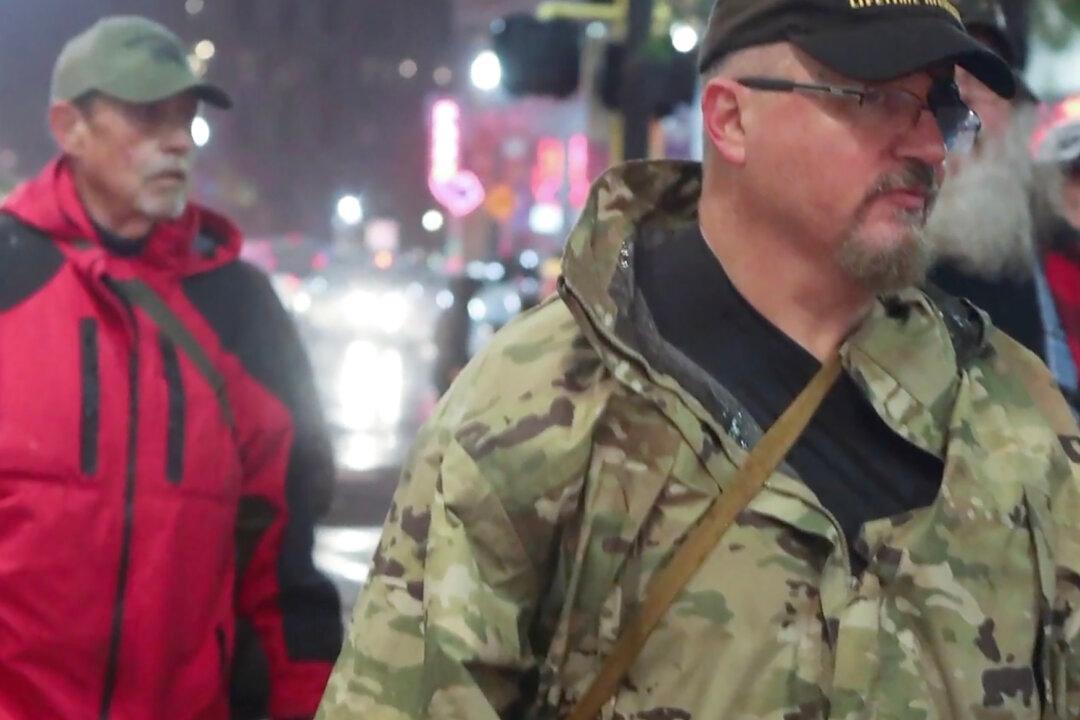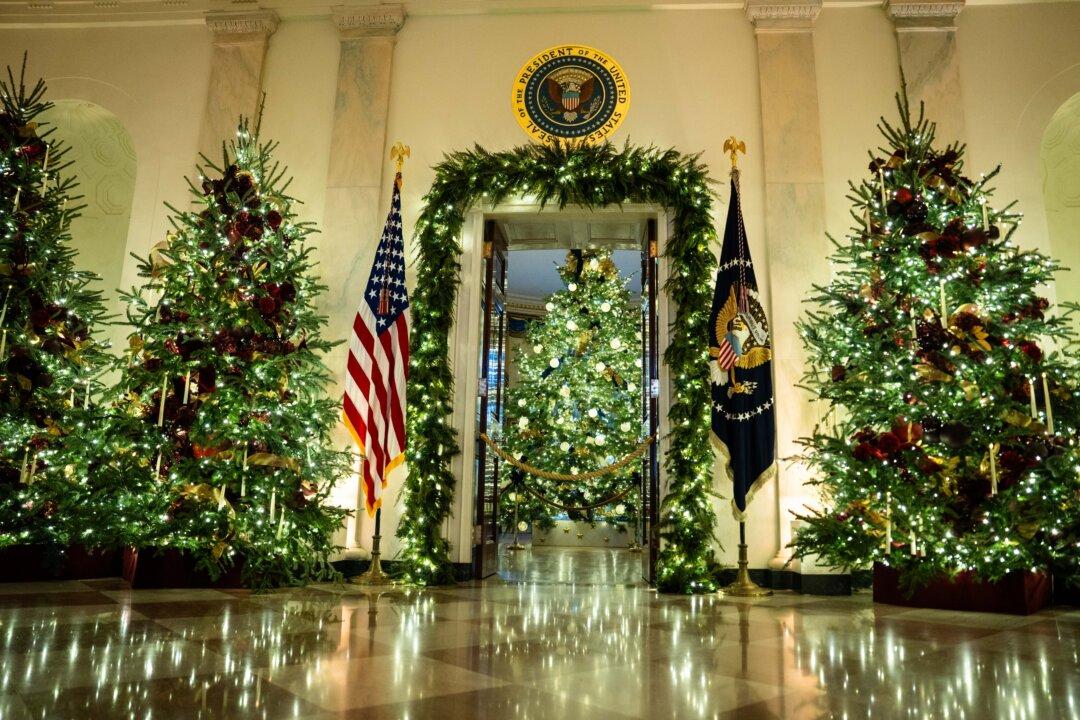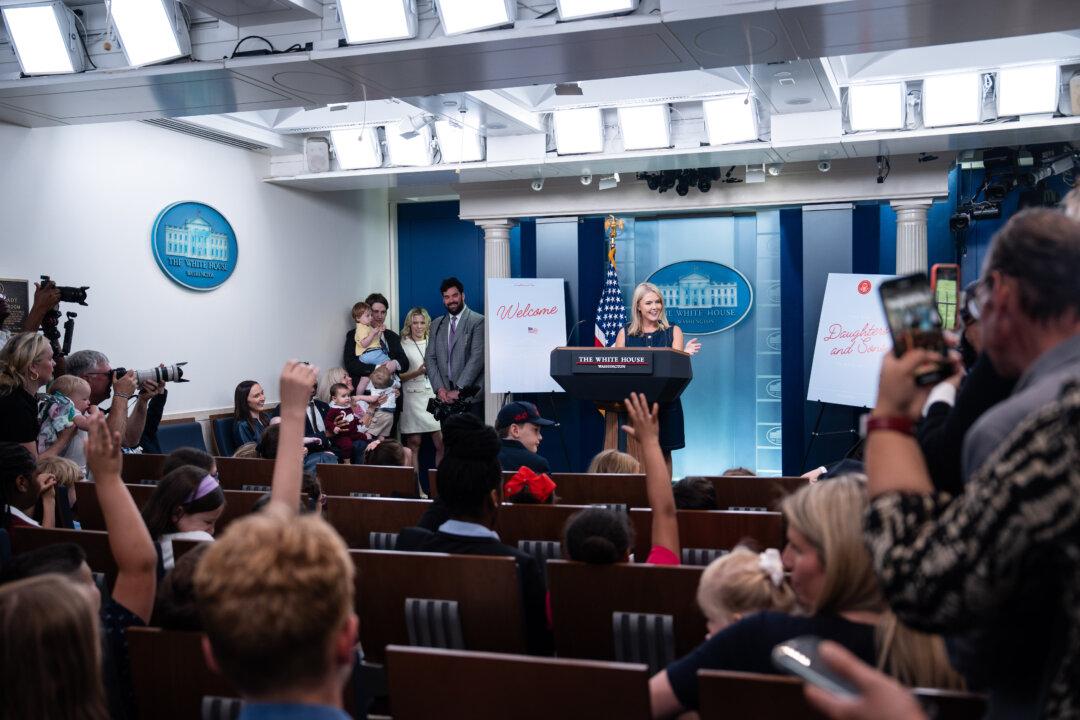WASHINGTON—Oath Keepers founder Stewart Rhodes told a federal court on Nov. 7 that he did not conspire to breach the Capitol on Jan. 6, 2021.
Rhodes, one of five defendants facing several criminal charges over their involvement in Jan. 6 events, testified that he found out that protestors breached the barricades at 1:45 p.m. on Jan. 6. At that time, he was at a hotel, Rhodes said, to warm up.





